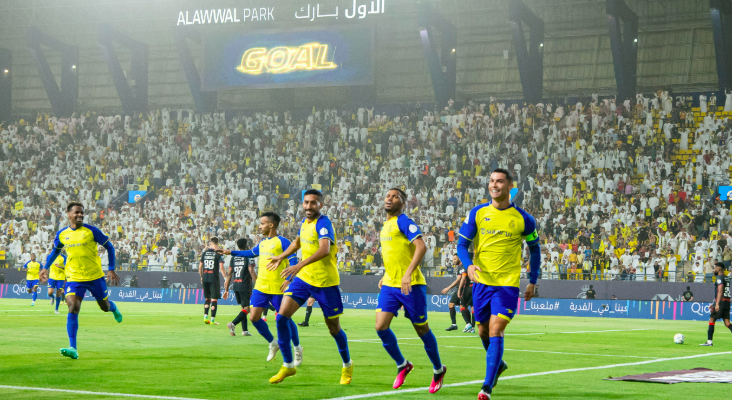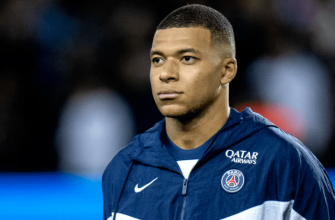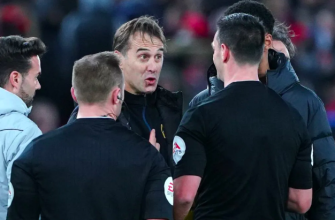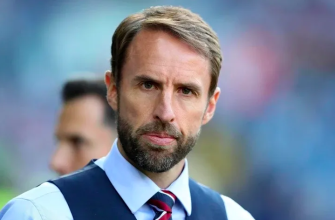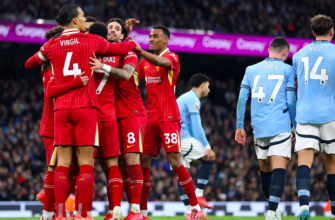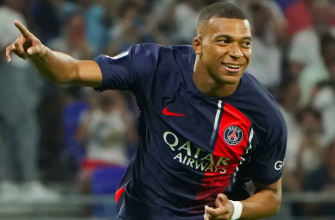At first, it seemed like a novelty. Cristiano Ronaldo’s move to Al-Nassr was dismissed by many as a twilight-years vanity project. Then came Benzema. Then Neymar. Then a wave of Premier League and European regulars—Rúben Neves, Aleksandar Mitrović, Fabinho, and more. Within months, it became clear: the Saudi Pro League isn’t a retirement home. It’s a pivot point.
Football’s financial gravity is shifting—and Europe is no longer the uncontested capital.

The Money Talks Louder Now
The offers being made by Saudi clubs are not just generous—they’re seismic. Multi-year contracts worth hundreds of millions. Image rights control. Private jets. Entire lifestyle packages for players and families. But beyond the glamour, there’s an unmistakable strategic force behind it all.
The Saudi state is using football as an instrument of global image-building. It’s not subtle. It’s calculated soft power, and it’s working. The clubs are government-backed. The money is essentially bottomless. And the ambition? To make the league matter—not just regionally, but globally.
European Clubs Caught Off Guard
Premier League and European giants are suddenly vulnerable in a way they haven’t been since the dawn of the modern Champions League era. They can’t match the wages. They can’t control the narrative. And for the first time, they’re losing players they didn’t expect to sell.
Wolves didn’t plan to let Neves go. Liverpool didn’t want to lose Fabinho. Fulham were blindsided by Mitrović’s exit. These weren’t fading legends—they were spine pieces. But when Saudi money talks, contracts buckle.
Players Are Listening Differently Now
There’s been a cultural shift among players. Once, moving away from Europe was seen as career surrender. Now, it’s being reframed as smart business. A new generation sees it less as “selling out” and more as “cashing in”—and why not?
Careers are short. Injuries are ruthless. And the chance to multiply your earnings fivefold, while being a global icon in a new market? For many, it’s a no-brainer.
The stigma is fading—and fast.
UEFA and FIFA: Passive or Powerless?
Governing bodies are watching this unfold with growing concern, but little control. Unlike China’s short-lived football boom, the Saudi project has the patience and political backing to survive early turbulence. It’s not tied to one club, or one era—it’s a national strategy.
UEFA may complain. FIFA may regulate. But unless legal frameworks are rewritten entirely, the Saudi league can continue building its new world of football economics in plain sight.
What’s the Endgame?
The goal isn’t just to attract players. It’s to build prestige. Hosting the Club World Cup in 2025 is only the start. Saudi Arabia wants a World Cup. It wants its clubs respected. It wants its league watched. And if that means reshaping how global football works—so be it.
This isn’t imitation of Europe. It’s competition.
And for the first time in decades, European football’s financial dominance is being seriously challenged—not by another continent’s talent, but by its treasure.
The game is changing. The question now is whether Europe adapts—or watches its stars disappear into the desert, one megadeal at a time.
